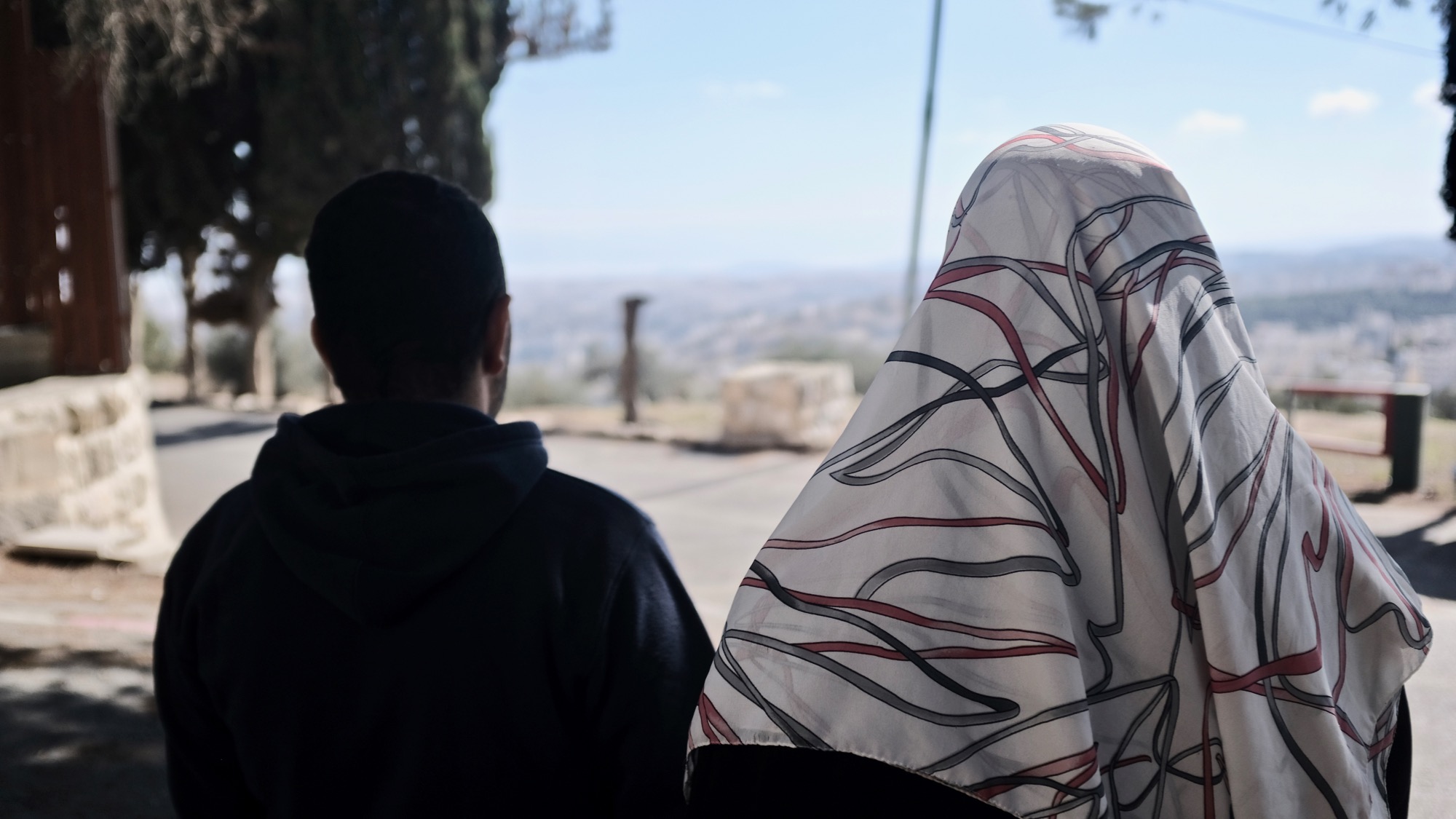Blockaded Bodies
Blockaded bodies
In June 2007 Israel imposed a land, sea and air blockade on the Gaza Strip, occupied Palestinian territory (oPt), leaving about 2 million Palestinians isolated and cut off from the rest of the world, including Jerusalem which is 60 miles away. Entry or exist of people and goods in and out of Gaza is controlled by a regime of permits. To leave Gaza for the West Bank, Israel or Jordan, Palestinians from Gaza have to obtain a military permit from the Israeli authorities. According to UN OCHA, in the first half of 2016 the daily average of Palestinians allowed out of Gaza was less than 240 compared to 26,000/day in September 2000, before the breakout of the second intifada.
While access restrictions take their toll on the entire population and impact every aspect of life in the Gaza Strip, including economy, infrastructure, and health, cancer patients in particular are amongst the most vulnerable, affected humanitarian cases. Cancer treatment is not available in Gaza and patients have to travel to Jerusalem or Israeli hospitals.
Israel imposes age and gender restrictions on patients companions. If companions are refused a permit, patients have to endure the emotionally and physically demanding and sometimes humiliating journey all by themselves. Patients often experience delays at checkpoints, have to wait for hours to be called in by the Israeli security forces and have to go through meticulous search. They cannot take food or snacks with them through the checkpoint. And patients as young as babies cannot be accompanied by their mothers or fathers. If lucky, their grandmothers, or even distant family members approved by the Israeli military are allowed to accompany them. These patients sometimes have to stay away from their parents for months.
According to the World Health Organization, 2017 witnessed the lowest number of Israeli permit approvals for patients since 2008. Only 54 per cent of patients’ applications to leave via Israel's Erez military checkpoint were successful in 2017, compared to 93 per cent in 2012. Fifty-four patients died while awaiting approval to leave, 46 of whom were referred for cancer treatment or examinations.
In addition to securing an Israeli permit, patients in need of medical care out of Gaza have to obtain financial coverage from the Ramallah-based Palestinian Ministry of Health. This can also experience delays. Every time patients have to leave Gaza for their treatment they have to go through the stressful process of applying for both, the Israeli permit and the financial coverage. Every time patients are left to anxiously wait in suspense. Sometimes they only learn about permit approval on the same day of their appointment.
The plight of patients is exacerbated by financial hardship and expensive journeys to treatment distentions. Over 50 years of Israeli occupation and policies of de-development, 10 years of blockade and internal Palestinian political divide have left the Gaza Strip with soaring unemployment and severe economic crisis. In the third-quarter of 2017, unemployment rate was 46.6 per cent, 64.9 per cent among youth and 71 percent among women. More than 70 per cent of residents in the Strip receive some form of international aid, the majority of which is food assistance.
"It’s disastrous to be a cancer patient in Gaza. It’s humiliating…It’s being sentenced to a slow death. Cancer treatment is not available in Gaza and access to treatment outside of Gaza is controlled by Israel, Egypt and the Palestinian Authority, none of whom seem to care, take our condition seriously or deal with us in urgency. For them we’re just numbers. We’re just patients who are awaiting their death. Not people who have the right to access treatment with dignity, or people who might survive and live, and who have families and loved ones.
Being a cancer patient is physically, psychologically and financially exhausting…I had to wait for five months before I received the Israeli permit to leave for East Jerusalem, by which time cancer had spread to new locations. After this I had to interrupt my chemotherapy three times because my permit application was pending, during which cancer had spread to the bone marrow.
The journey to Jerusalem cost between 75 to 450 shekels ($21-$127). And if I have a test in Tel Aviv, I have to pay another 600 shekels ($170) for a cab to take me there. I had to sell the furniture in my house to afford a journey to Jerusalem. Seven of my older children are university graduates, but are all unemployed. I find all this very humiliating.
My doctor says I have to follow a nutritious diet and be positive. If I can’t afford to buy painkillers, or basic food – how would I afford nutritious food which is more expensive?!! How can I feel positive if I feel anxious about being able to leave for treatment?! How can I be relaxed if my medication is not available and I can’t afford it?! Or when I need to cross a military checkpoint to receive treatment?! Or have to do all the journeys to Jerusalem and back to Gaza all by myself, with no companion?!! How can I be relaxed when our everyday existence is out of our hands?! When the basic things like having access to clean running water is nonexistent? Electricity is available for four hours a day, during which I have to do all the washing, cooking, and baking.
Being a cancer patient in Gaza is being under siege: a siege of medication, siege of permits, siege of food, salaries and [border] crossings. It’s being under enormous psychological stress. But despite all this, I have to be strong, if not for myself, for my children,” recounted Hana (a pseudonym), a 53-year-old refugee and mother of 10 children from Gaza who in 2013 was diagnosed with cancer.
The article appeared in Haaretz: https://bit.ly/2FXIh8S












